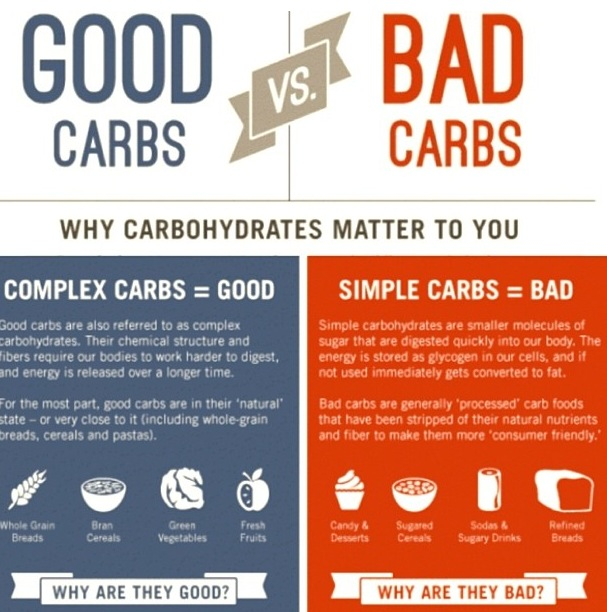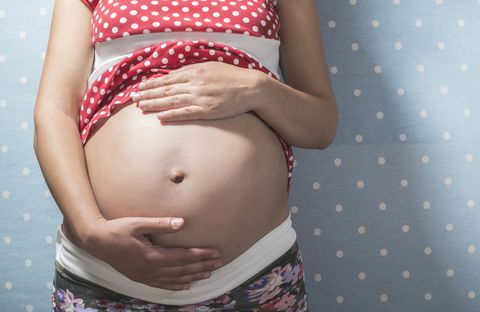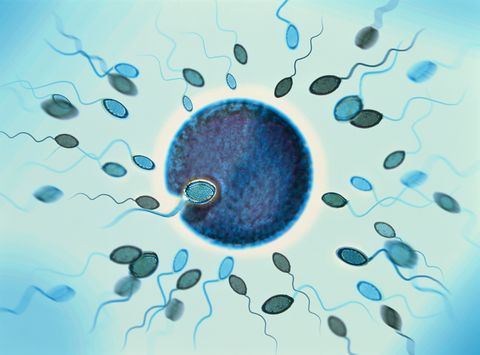
Spain and Italy had the lowest birth rates, with countries in southern Europe, which has suffered most from economic problems in recent years, generally lower than those in the north.
Across the 28-nation European Union, 5.148 million babies were born in 2016, the last year for which figures were available, compared to 5.103 million in 2015, Eurostat announced.
Overall the total fertility rate was 1.60 births per woman, well short of the 2.1 live births per woman that Eurostat says is “considered to be the replacement level in developed countries”.
France led the way with a fertility rate of 1.92 births per woman, followed by Sweden (1.85), Ireland (1.81), Denmark and the United Kingdom (both on 1.79), the figures showed.
Spain and Italy were the lowest on 1.34 births per woman, followed by Portugal (1.36), Cyprus and Malta (both 1.37), Greece (1.38) and Poland (1.39).
Germany, where the rate is 1.59 births per woman, noted a record number of babies in 2016 at 792,131, boosted by an increase in births by non-German women following large numbers of migrant arrivals.
The federal statistics authority Destatis, who released the figures Wednesday, said while German women had some 3.0 percent more babies, non-German births increased 25 percent.

Declining birth rate
Women in the EU had their first child on average at 29 years old, with the youngest in Bulgaria (26 years) and the oldest in Italy (31 years), Eurostat said.
The highest shares of births to teenage mothers were in Romania, Bulgaria and Hungary.
Finland led the way for large families with one in ten mothers having their fourth or subsequent child.
Europeans have been having fewer children for decades, and a slight rebound since reaching a low of 5.0 million in 2002 has largely stalled since 2014.

Eurostat said in a statement last year that the 2.1 replenishment level was the “average number of live births per woman required to keep the population size constant in the absence of migration.”
Migration is a political hot potato in the European Union with right-wing parties making gains in elections in Italy and Germany recently on the back of anti-immigration platforms.
The issue has been sensitive since the 2015 migration crisis during which more than one million refugees and migrants came to Europe, many of them fleeing the war in Syria.
Here is an interactive map, with more detailed information, interactive world fertility and health statistics 2017:
https://esrimedia.maps.arcgis.com/apps/MapSeries/index.html?appid=15e767cd077443e3a7777f328d85f5f0









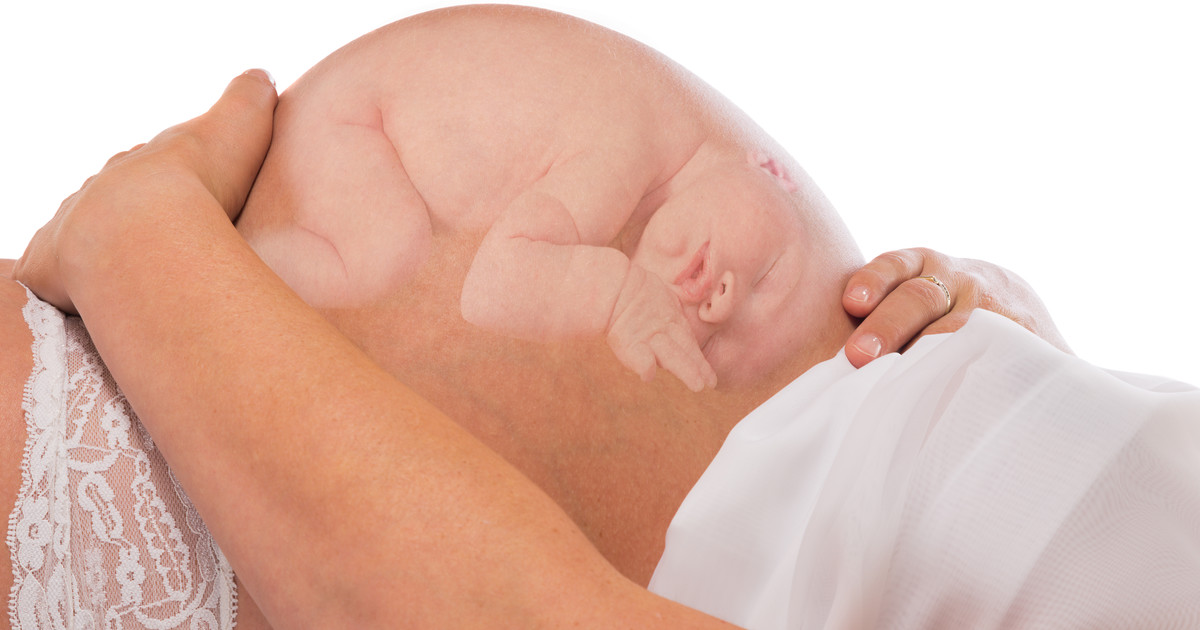

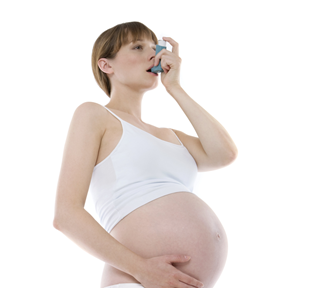

 A seemingly simple process of a healthy sperm meeting a healthy egg is followed by another seemingly simple process of the fertilized egg nestling itself in the specially prepared home that is the uterus, for the next 9 months.
A seemingly simple process of a healthy sperm meeting a healthy egg is followed by another seemingly simple process of the fertilized egg nestling itself in the specially prepared home that is the uterus, for the next 9 months.